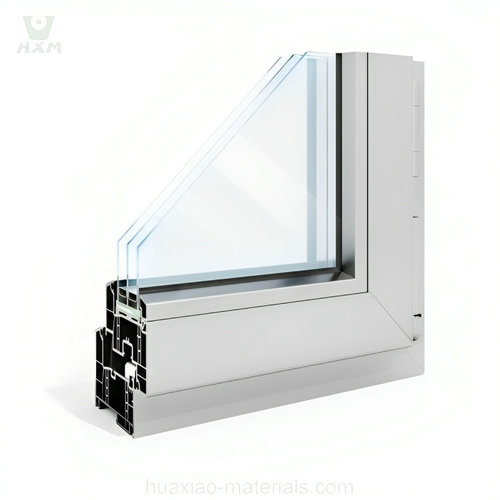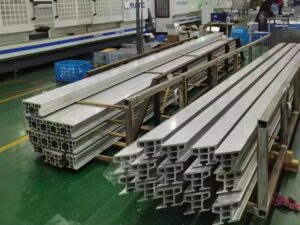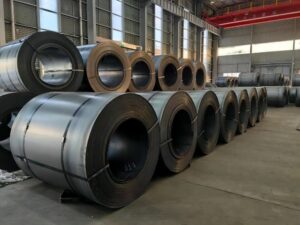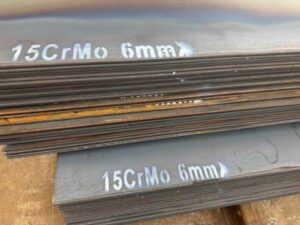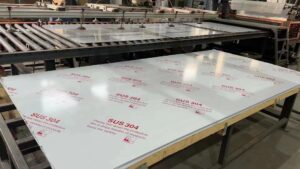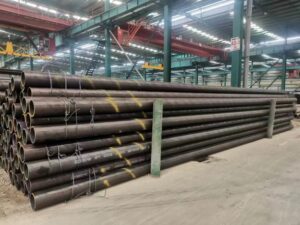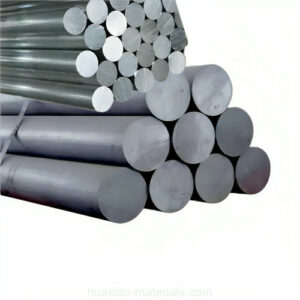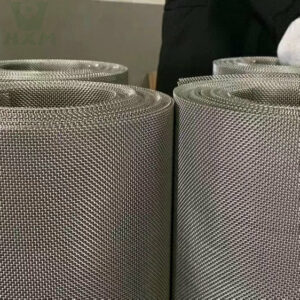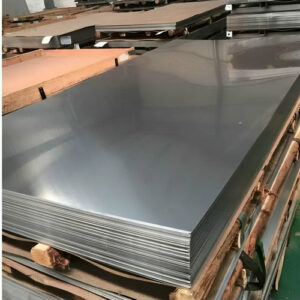
Does Aluminum Conduct Electricity?
Of course yes, aluminum conduct electricity. Aluminum is a metal known for its excellent electrical conductivity. This attribute makes it an attractive option for various applications in the electrical and electronics industries. Here’s a detailed exploration of aluminum’s electrical conductivity, its comparison with other metals, and its usage in electrical applications.

